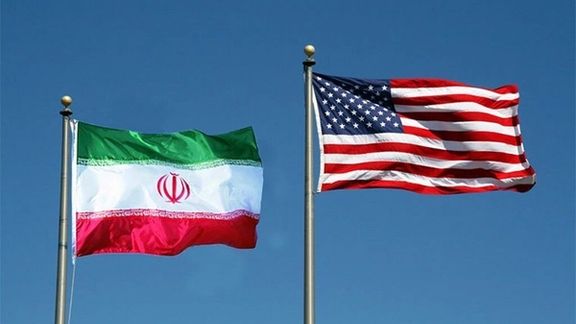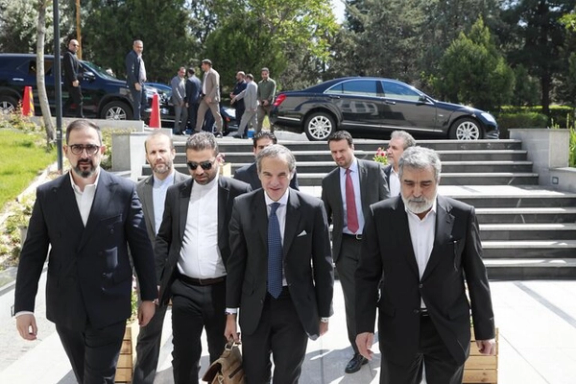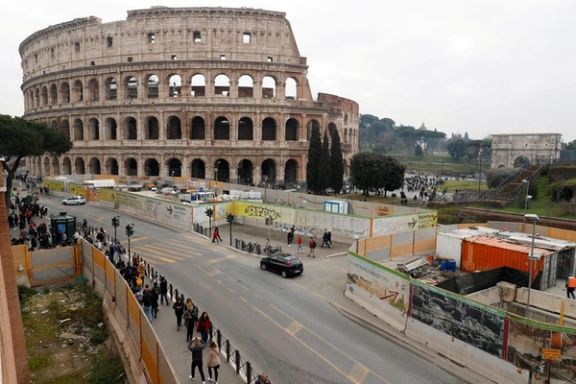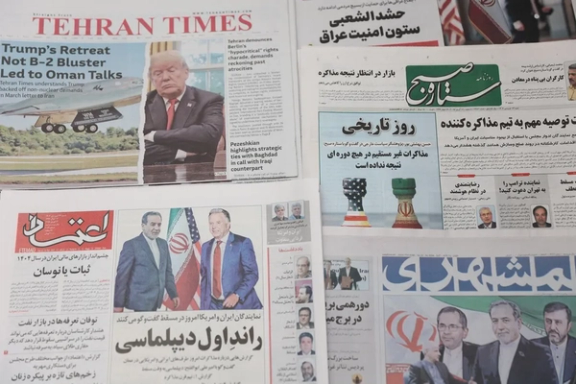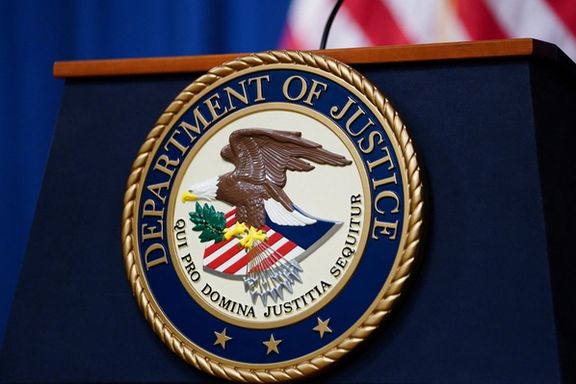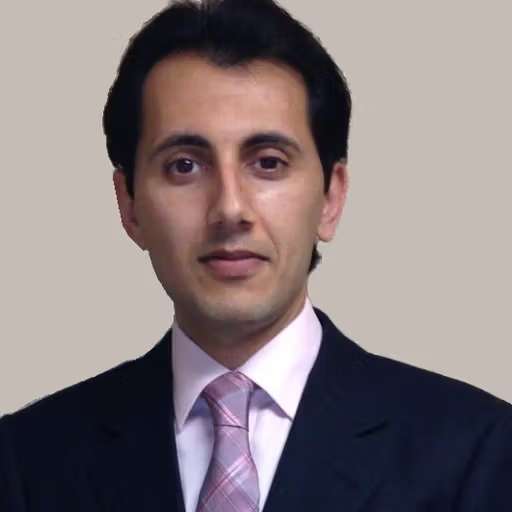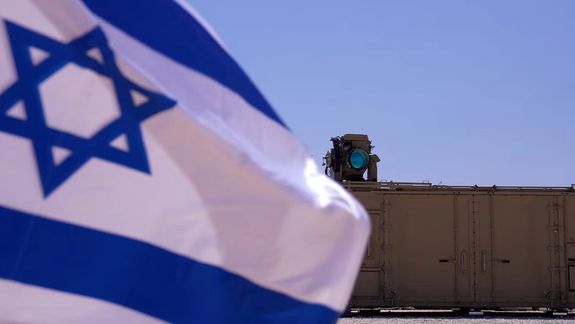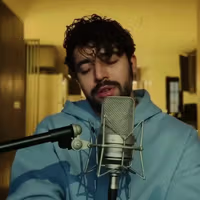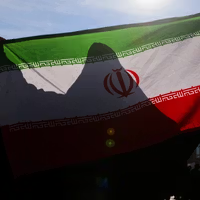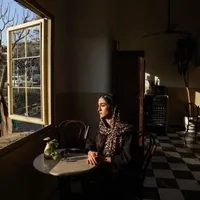In a live televised interview on Wednesday evening, Iran's Deputy Foreign Minister Kazem Gharibabadi downplayed the significance of the venue change. “We should not waste our time on the location and timing of the talks,” he said. “We agreed to multiple changes in the location. It’s not an important issue.”
However, Gharibabadi stressed that Oman would continue to facilitate and mediate the negotiation in the Italian capital.
Oman’s role as mediator and preferred host
Oman has long served as a discreet and trusted intermediary between Tehran and Washington. Its role dates back to the early 2010s, when Muscat hosted secret backchannel talks that ultimately led to the 2015 nuclear deal (JCPOA). The United States also sees Oman as a discreet and stable mediator with a history of hosting secret talks with Tehran.
Oman played a crucial, behind-the-scenes role in facilitating the September 2023 exchange of five American detainees in Iran, widely regarded as hostages, and several Iranians held in the US who were accused or convicted of sanctions violations. The deal, brokered with Qatar’s involvement, included the transfer of around $6 billion in frozen Iranian funds from South Korea to accounts in Qatar that have not been released to Iran yet.
Geographic proximity—just a two-hour flight from Tehran—and Oman’s low media profile also make it attractive to Iran. In contrast, European capitals like Vienna or Geneva pose higher risks of media exposure, diplomatic interference, and intelligence surveillance.
Additionally, holding talks in Muscat sends a domestic political signal: resistance to Western pressure, particularly from European countries aligned with Washington on contentious issues like Iran’s missile program, regional policies, and sanctions.
Tehran’s concerns over security risks in European capitals
Tehran’s reluctance to hold talks in Europe also stems from security concerns, particularly fears of espionage and surveillance. Iranian officials remain wary of cyber-espionage in European cities, where Western and Israeli intelligence agencies are believed to be more active.
They are especially concerned about the heightened risk of electronic surveillance targeting the Iranian delegation in hotels, diplomatic sites, and transportation hubs, as well as the possible interception of sensitive communications.
Cyber-espionage during JCPOA talks
In March 2015, senior US officials told the Wall Street Journal that American negotiators in the talks in Austria and Switzerland had been briefed about the threat of Israeli eavesdropping during the nuclear talks that led to the conclusion of the 2015 nuclear deal (JCPOA). There were media reports that then US Secretary of State John Kerry and Iran's top negotiator Mohammad-Javad Zarif took walks outside the venue of talks to discuss important issues to avoid eavesdropping.
A few days ahead of the final round of the talks in Vienna in June of the same year, the cybersecurity company Kaspersky reported finding a variant of the Stuxnet virus in the networks of three hotels that hosted the negotiations. The company’s report said infected computers could be used to control cameras, microphones, and phone systems at these hotels to spy on the talks and delegations. Symantec, another security company, confirmed Kaspersky’s findings.
“The disastrous history of Israel spying on its allies and the incompetence of Western surveillance agencies is a major concern for the Iranian delegation,” said an article titled “What Makes the Decision on Venue of Nuclear Talks Complicated” published by Fararu on Thursday.
The article added that preventing leaks from European diplomats and shielding the process from Israeli or other cyber sabotage likely explains Tehran’s insistence on having the Omani embassy in Rome serve as the host, even if the physical location is no longer Muscat.
Dissident protests possible in European capitals
Another factor influencing Tehran’s preference is the visibility of exiled Iranian dissident groups in Europe, including the Mujahedin-e Khalq (MEK) and monarchist factions. These groups often mobilize large crowds to protest outside the venue of talks, creating negative optics and media coverage that Iranian officials find politically damaging.
Such protests are far less likely to occur in Oman, where dissident groups have limited reach and the government maintains tighter control over public demonstrations.
